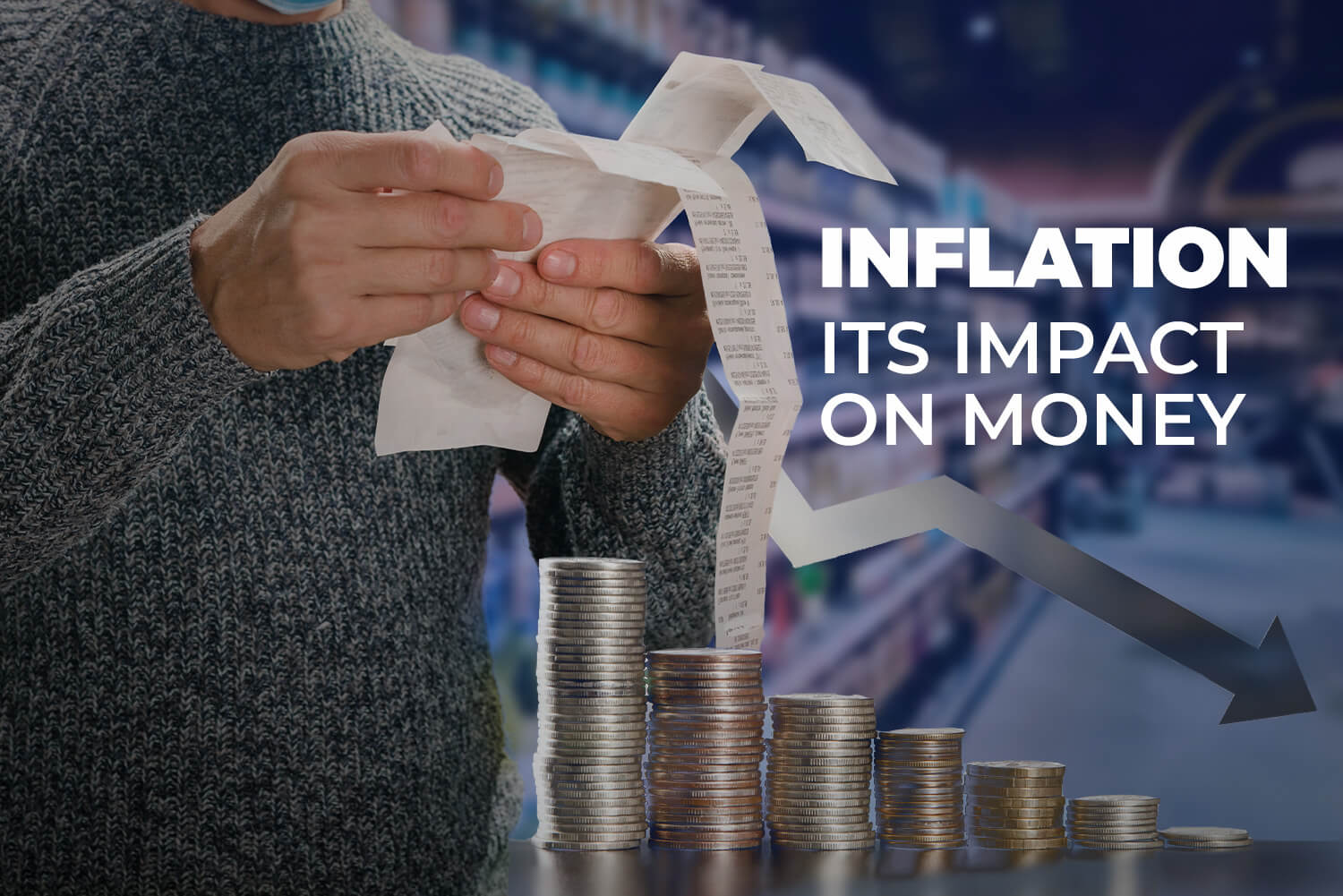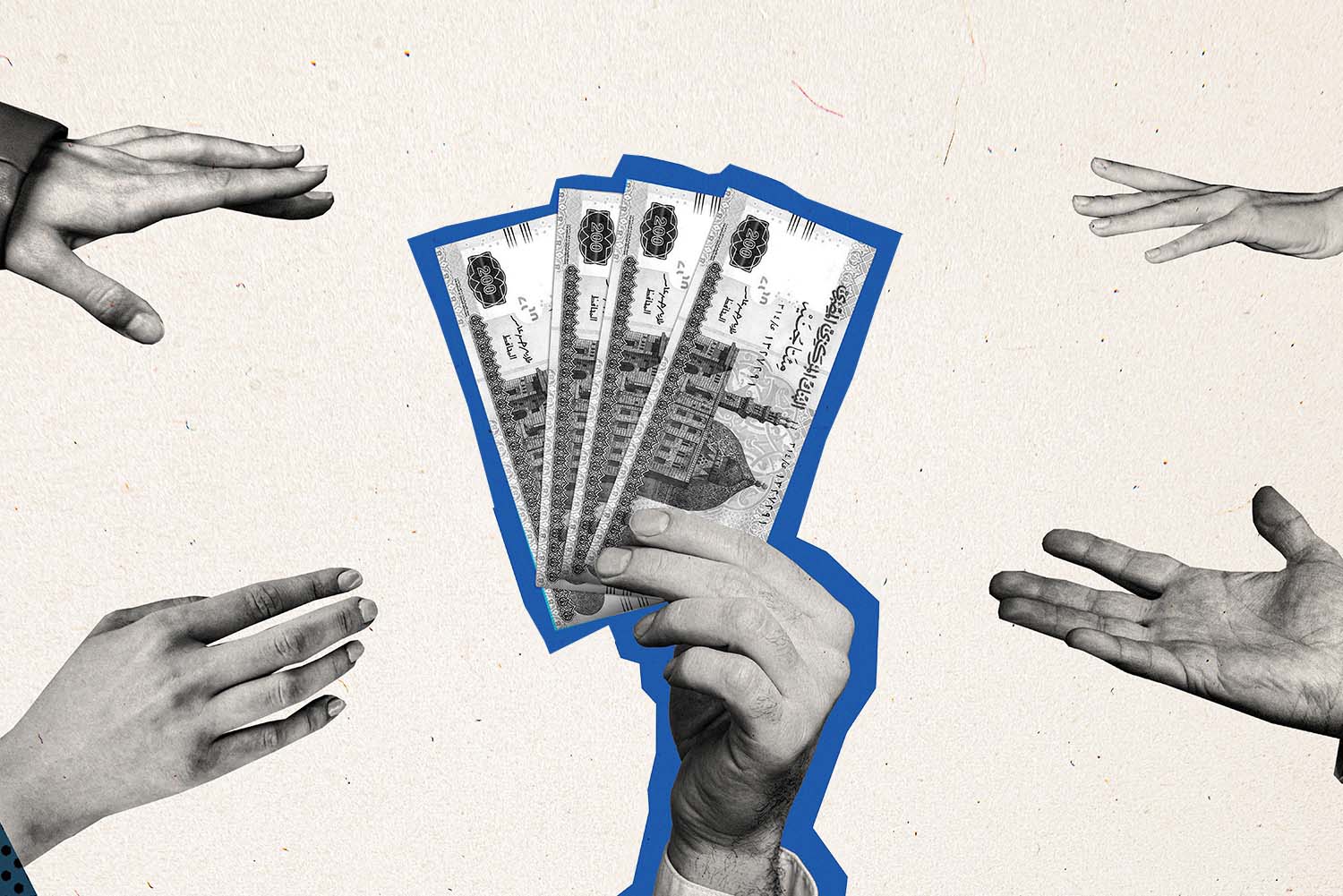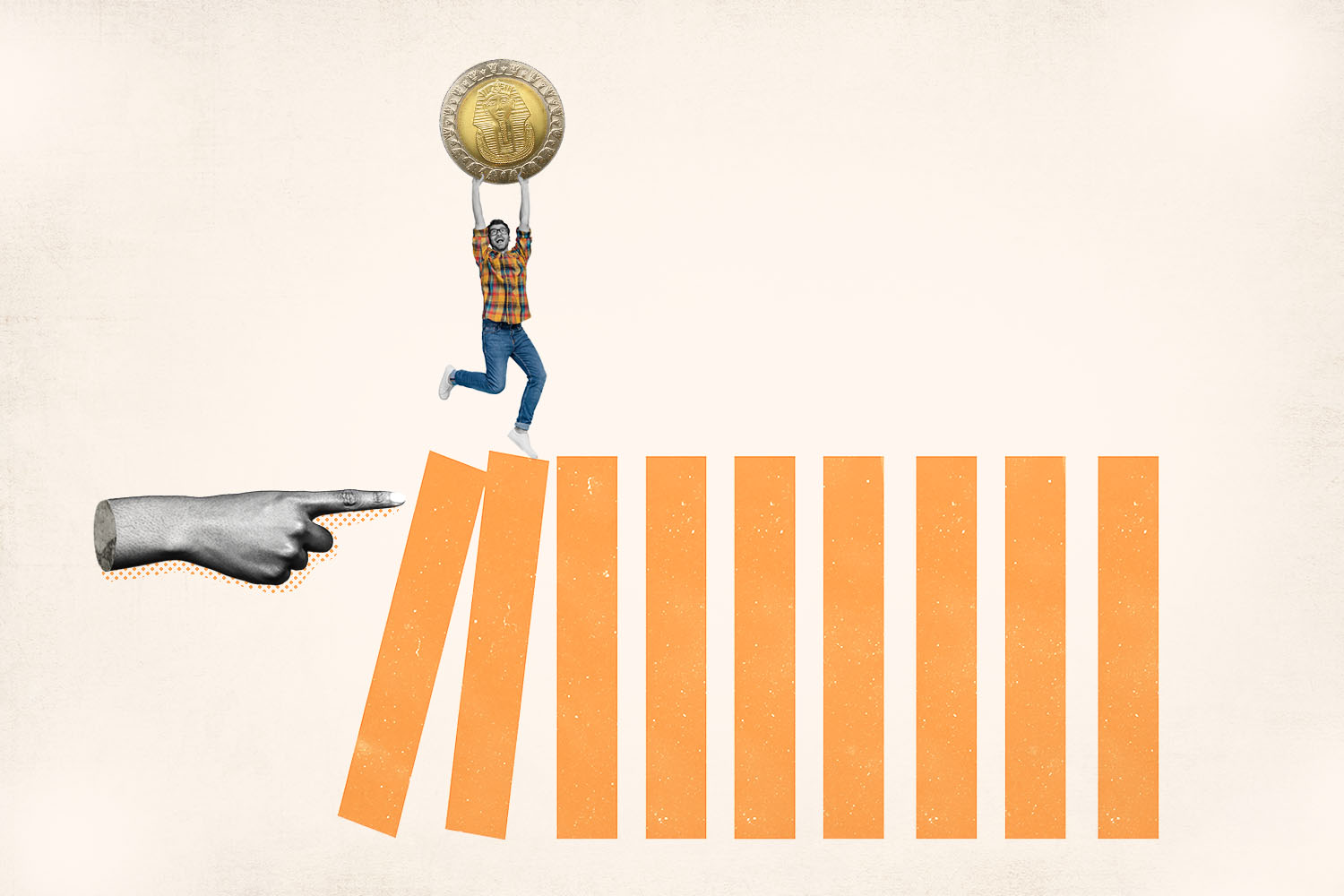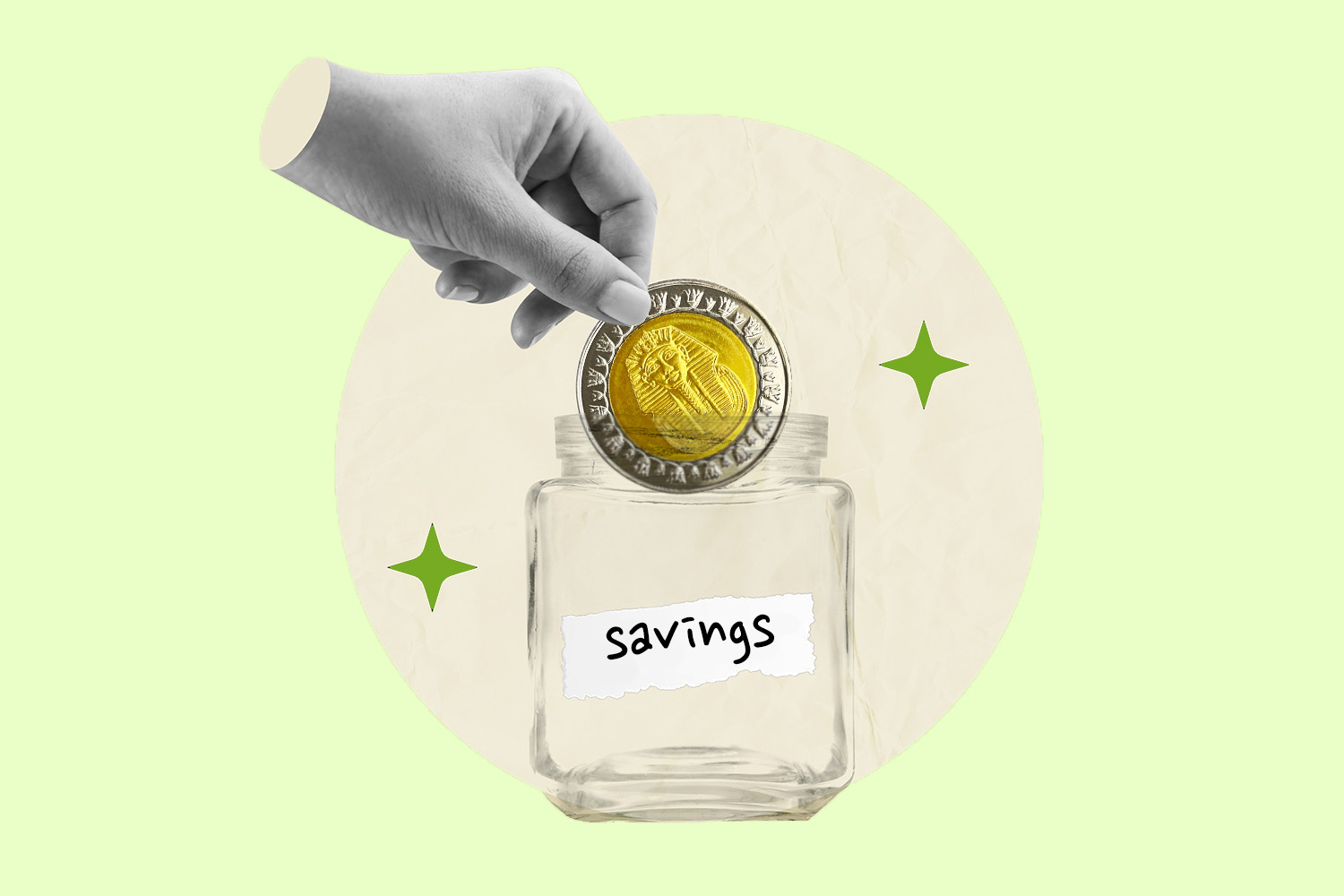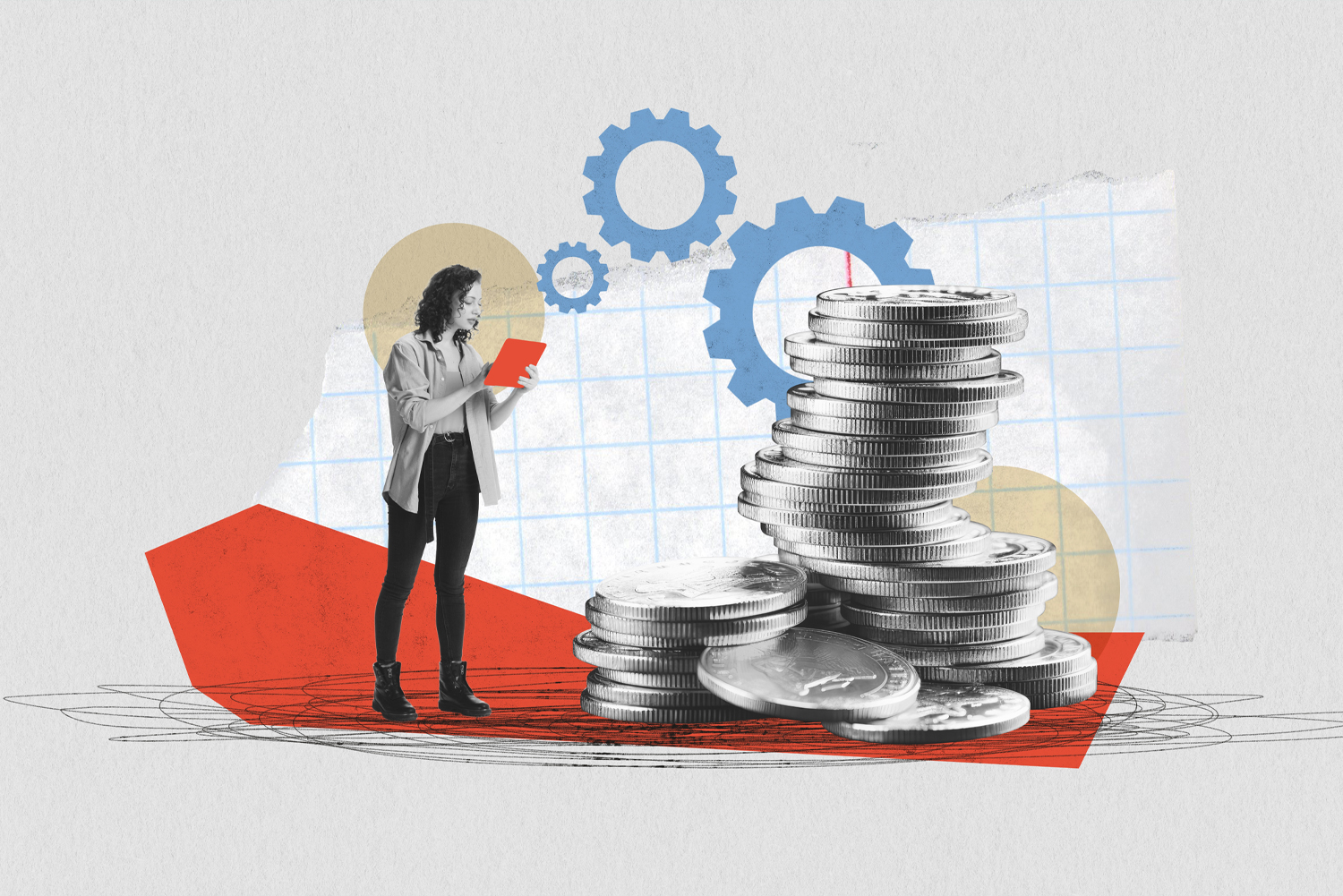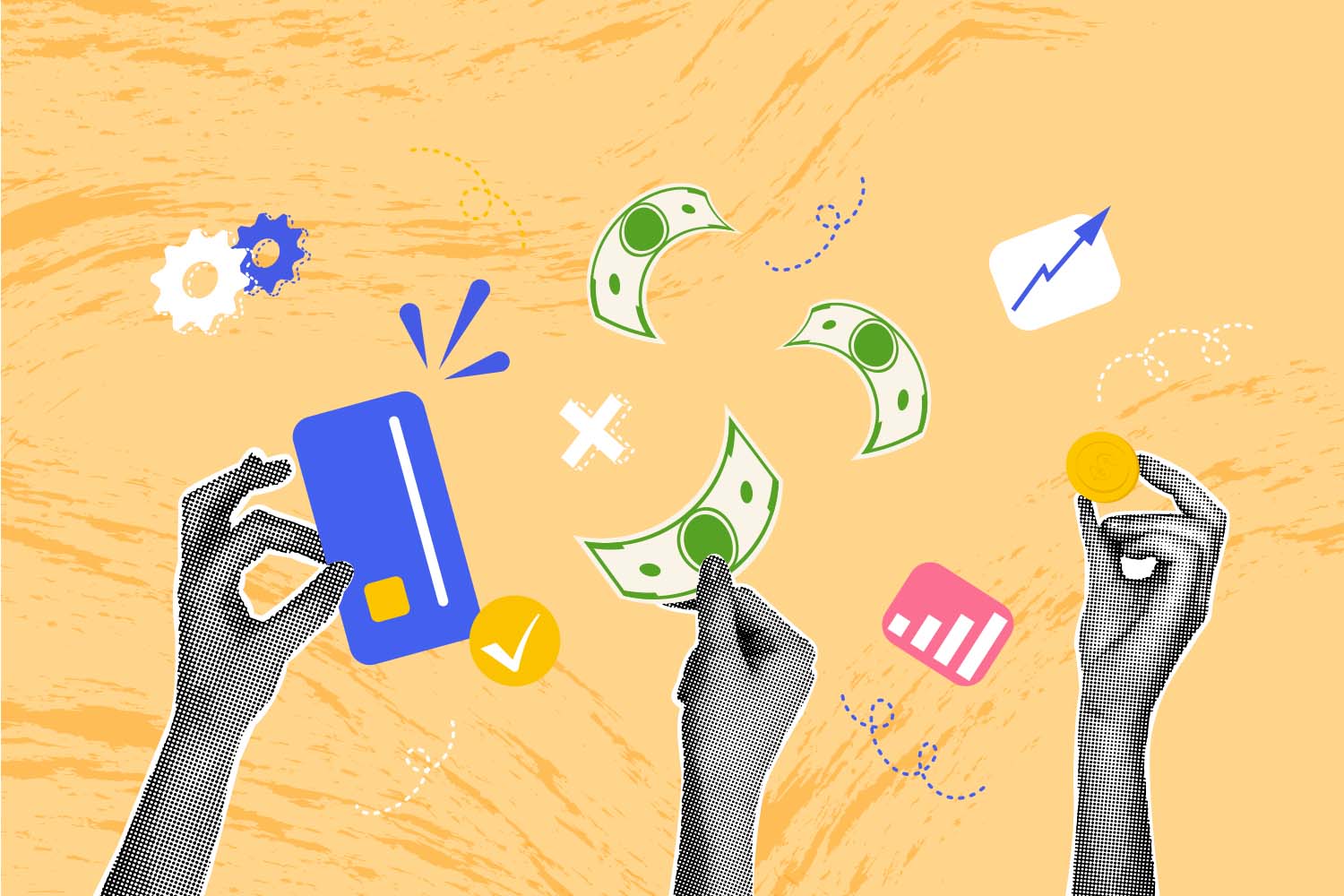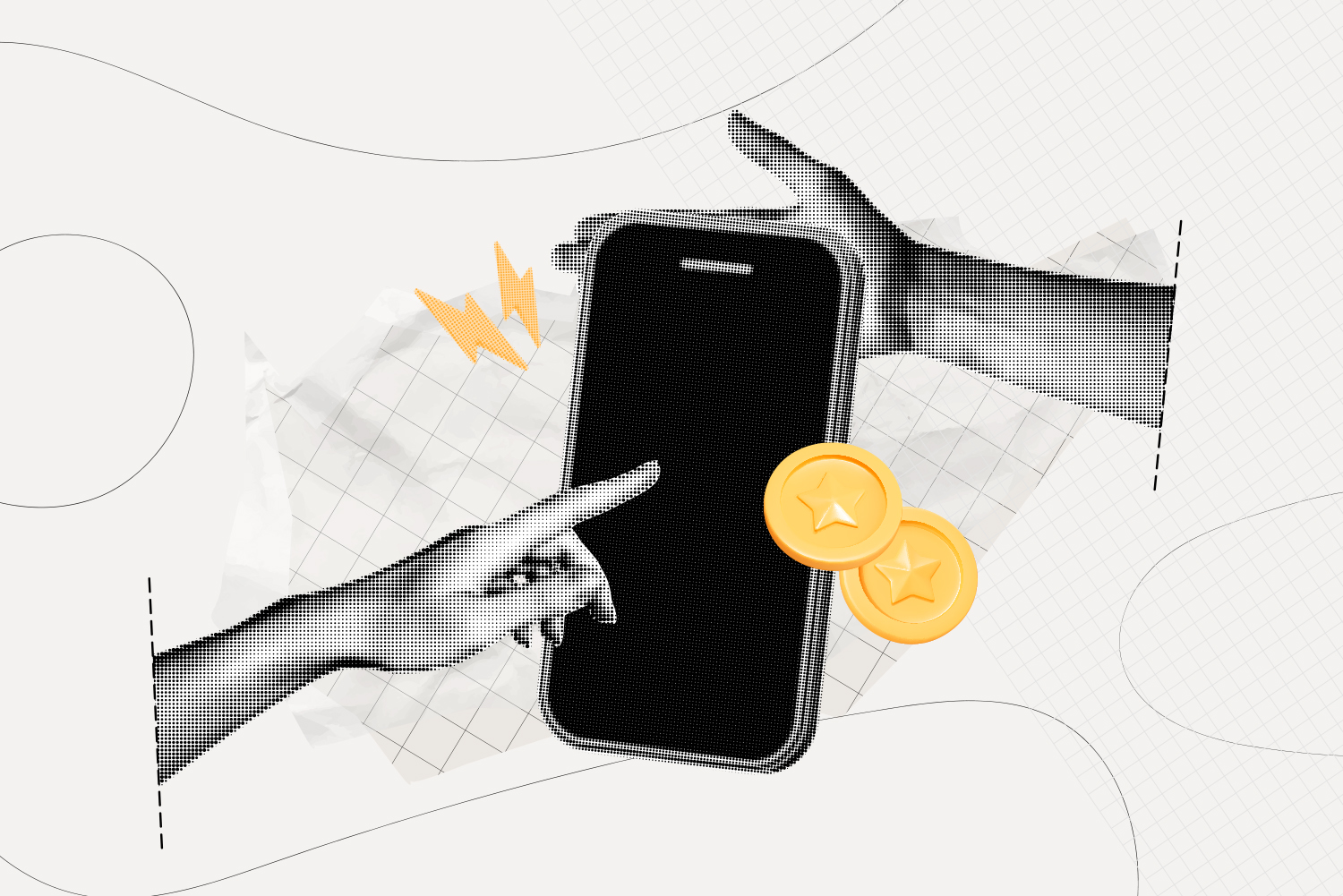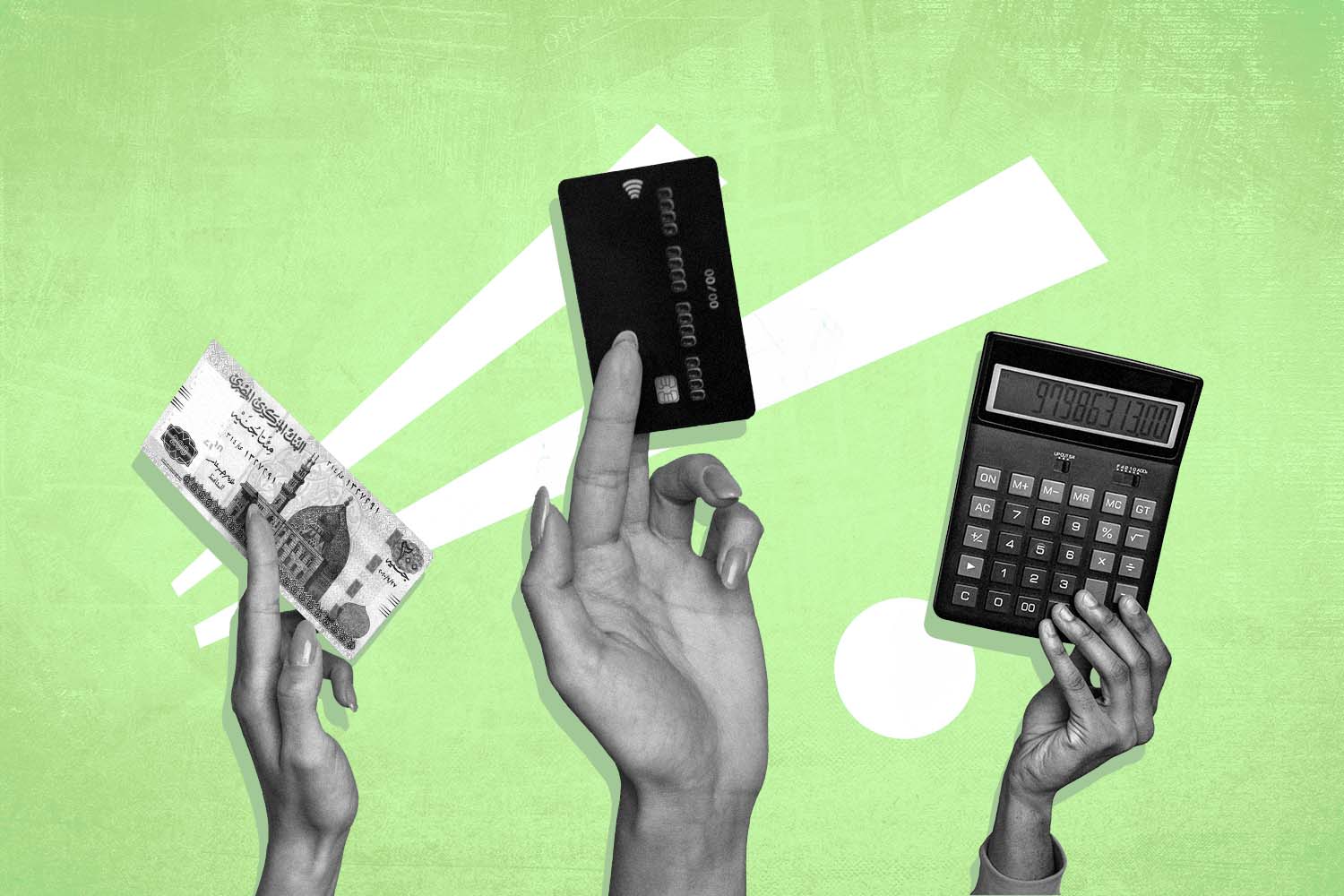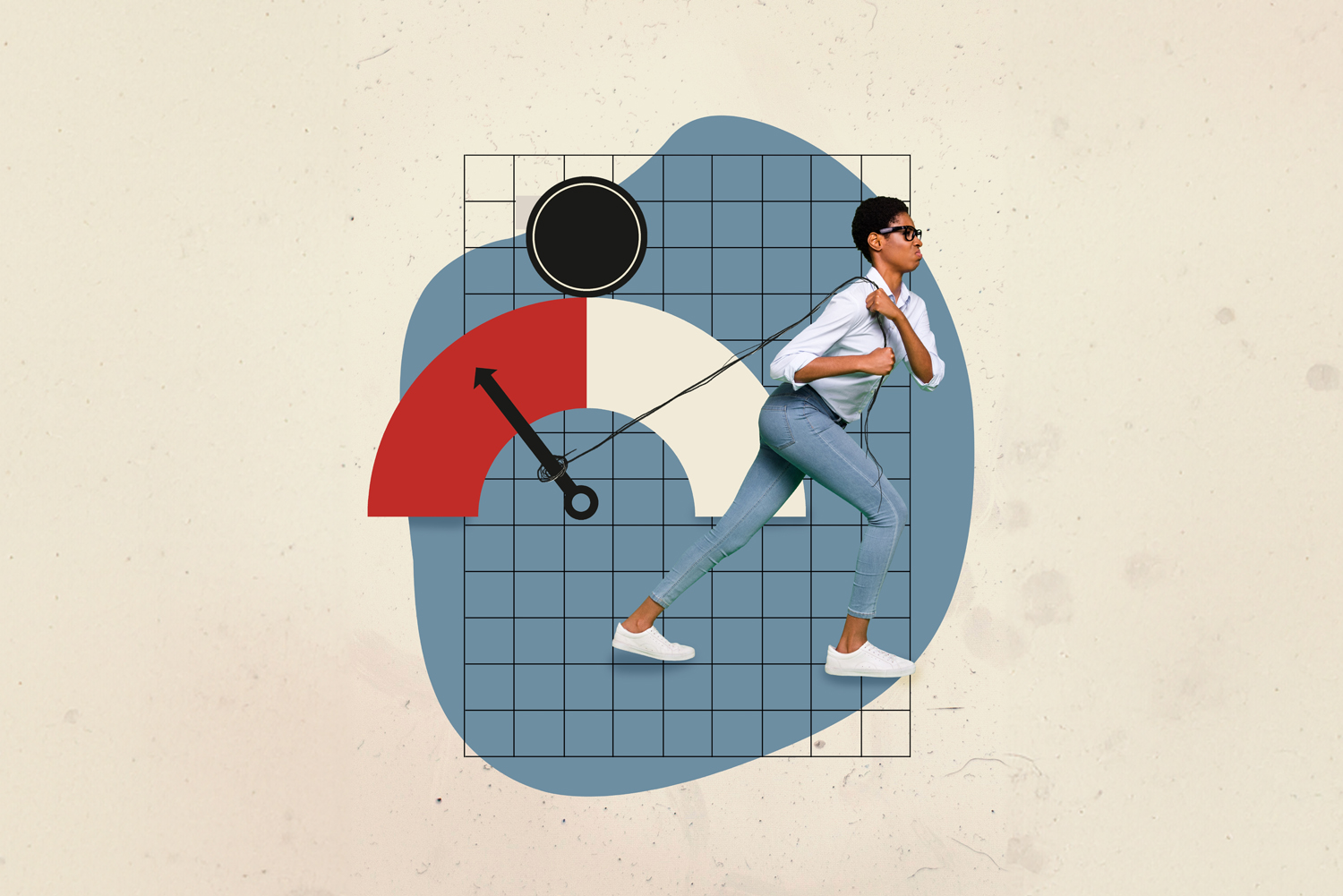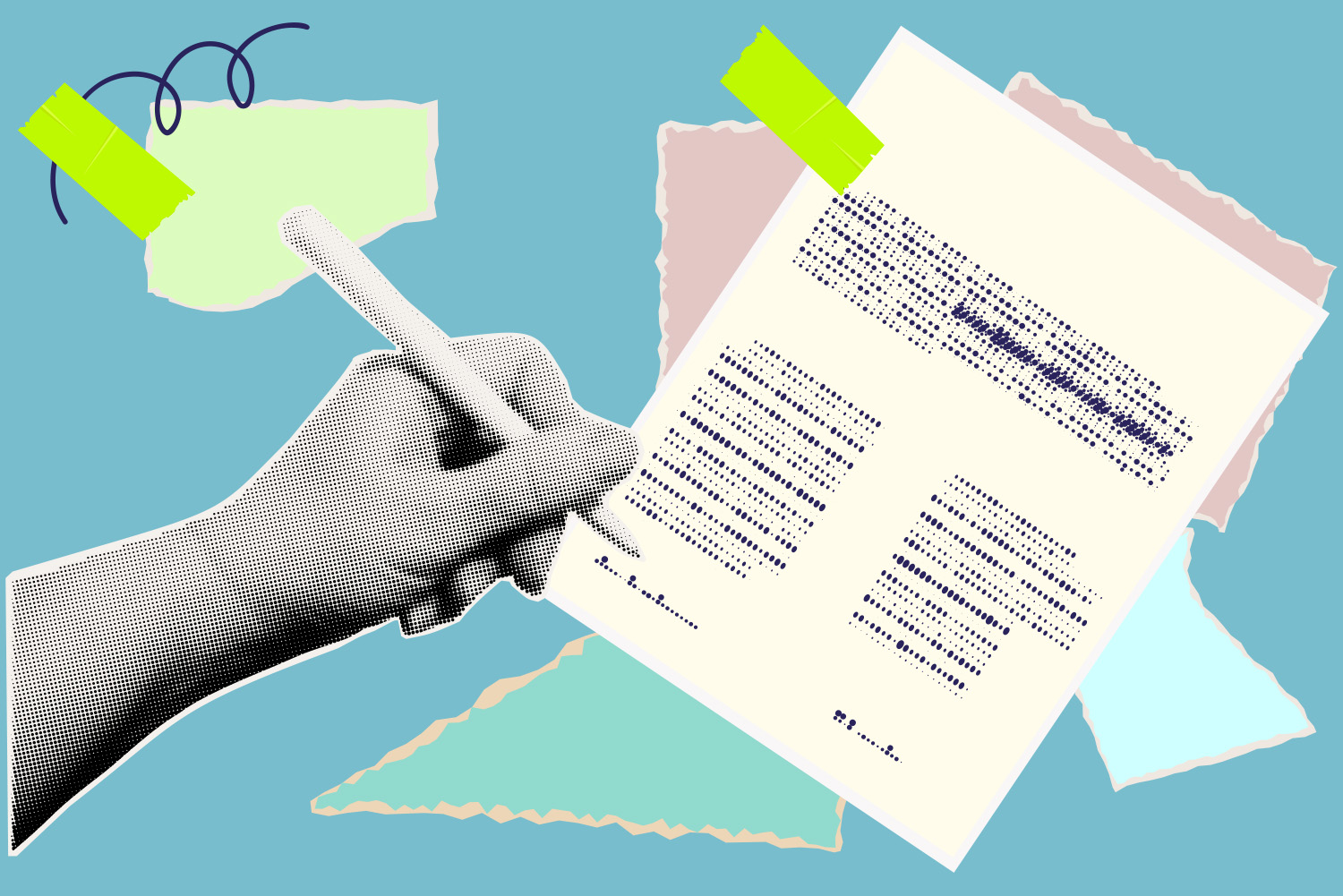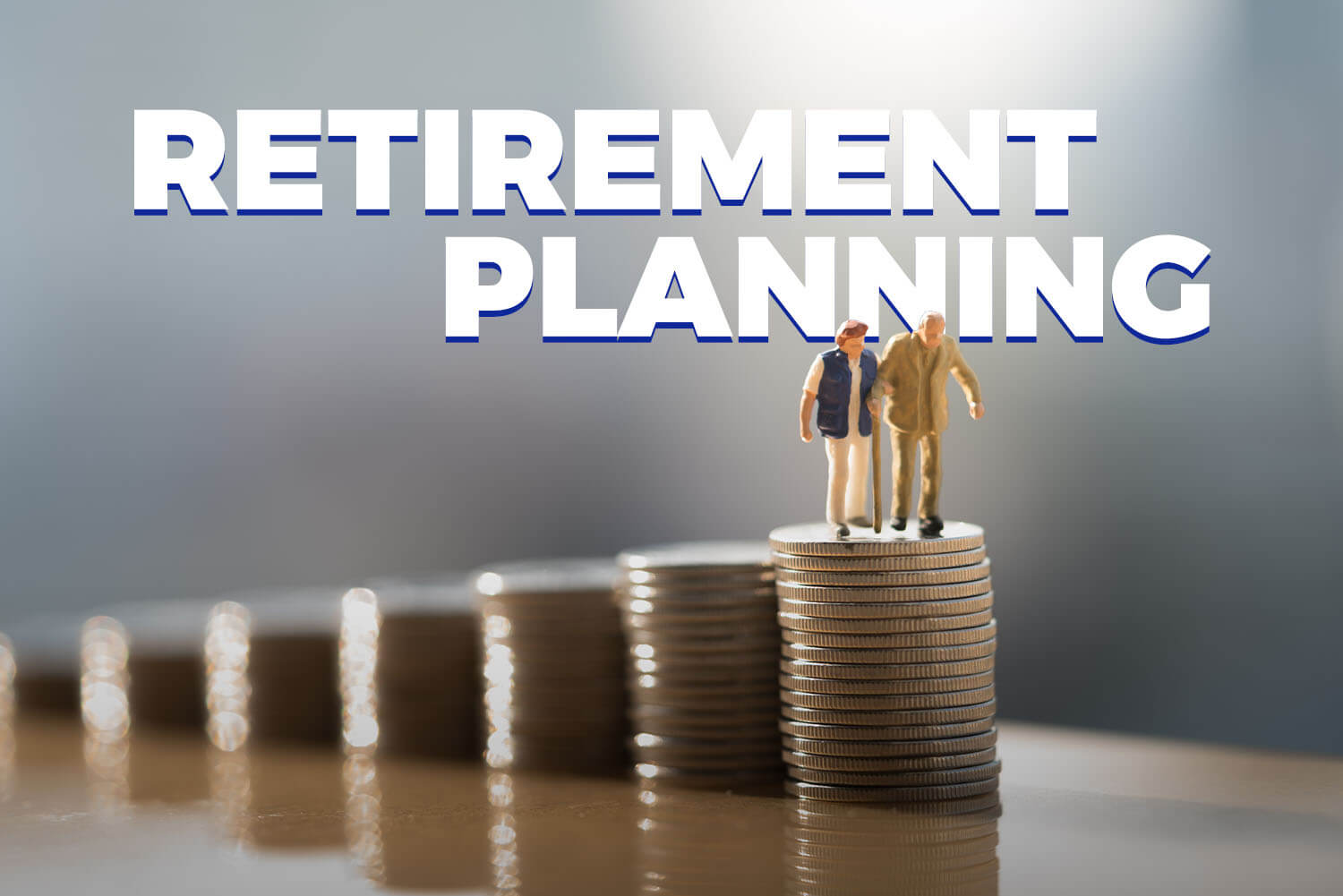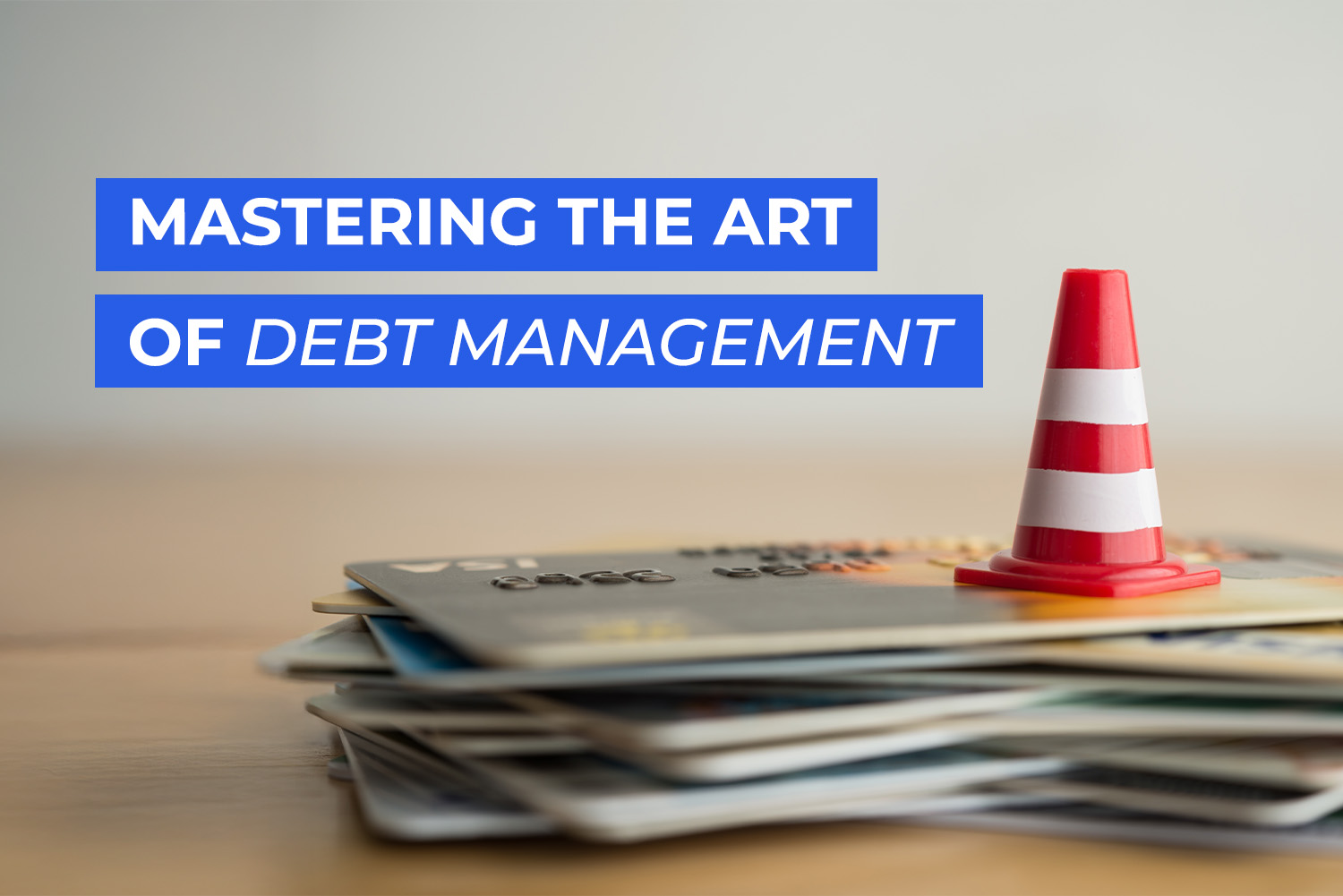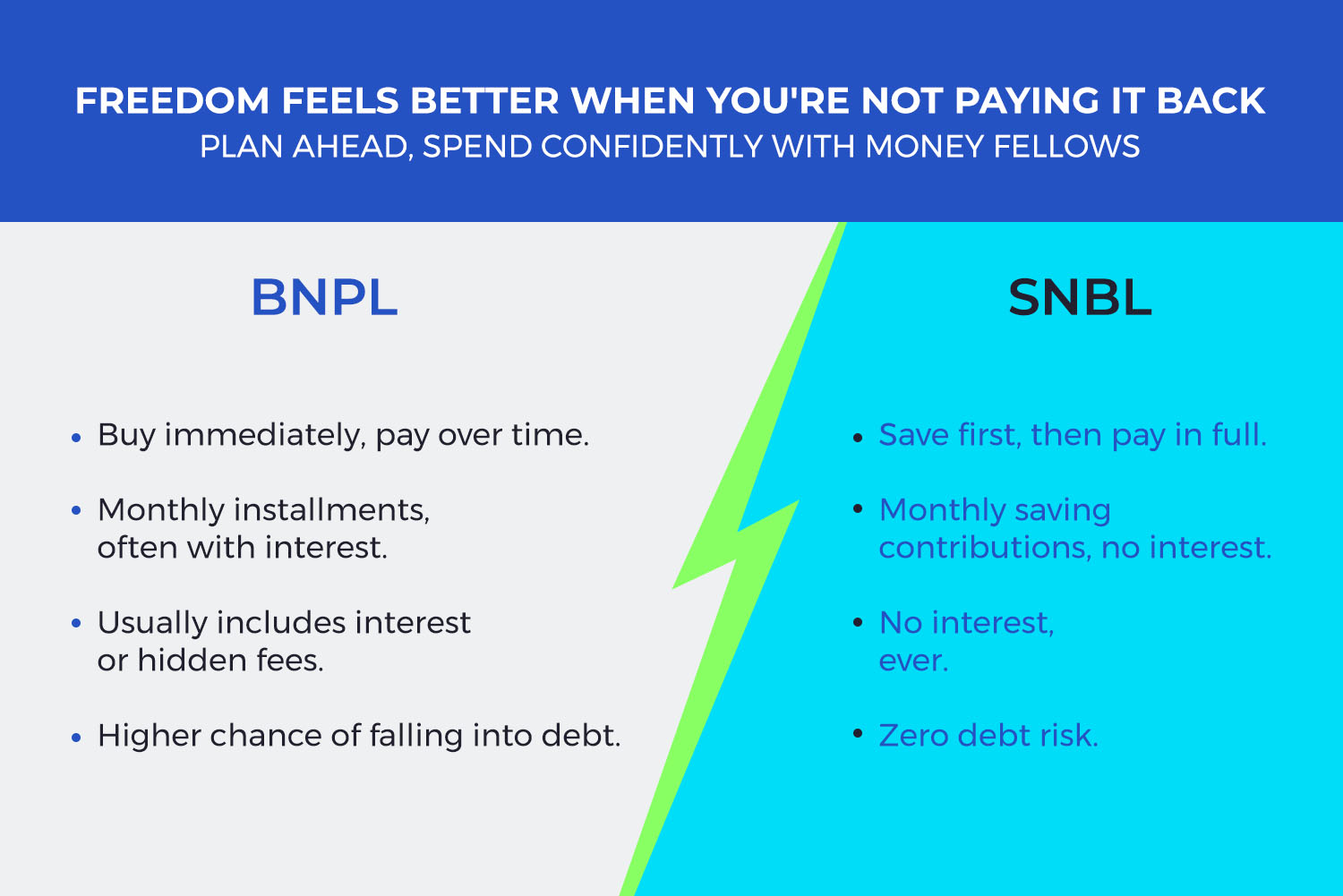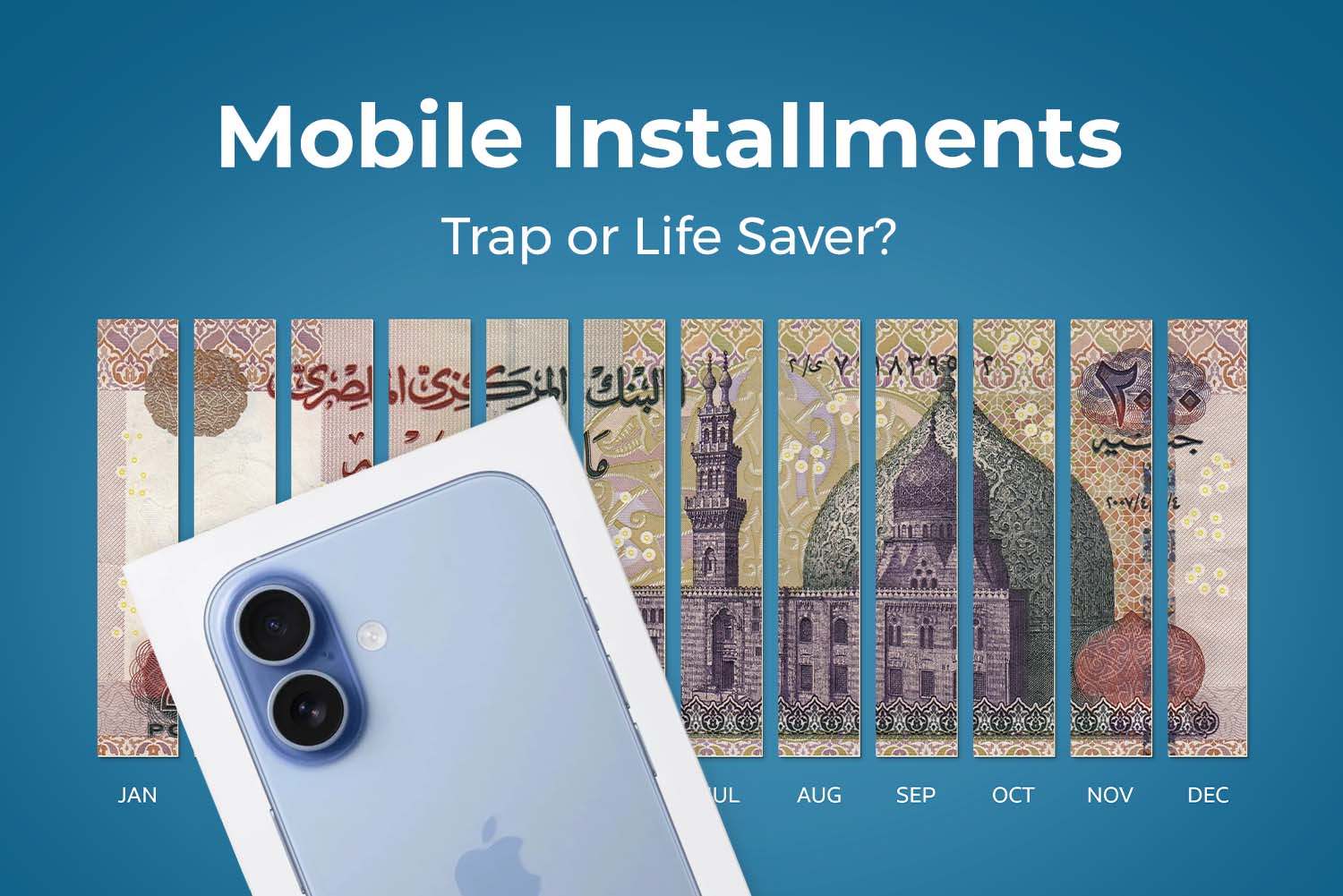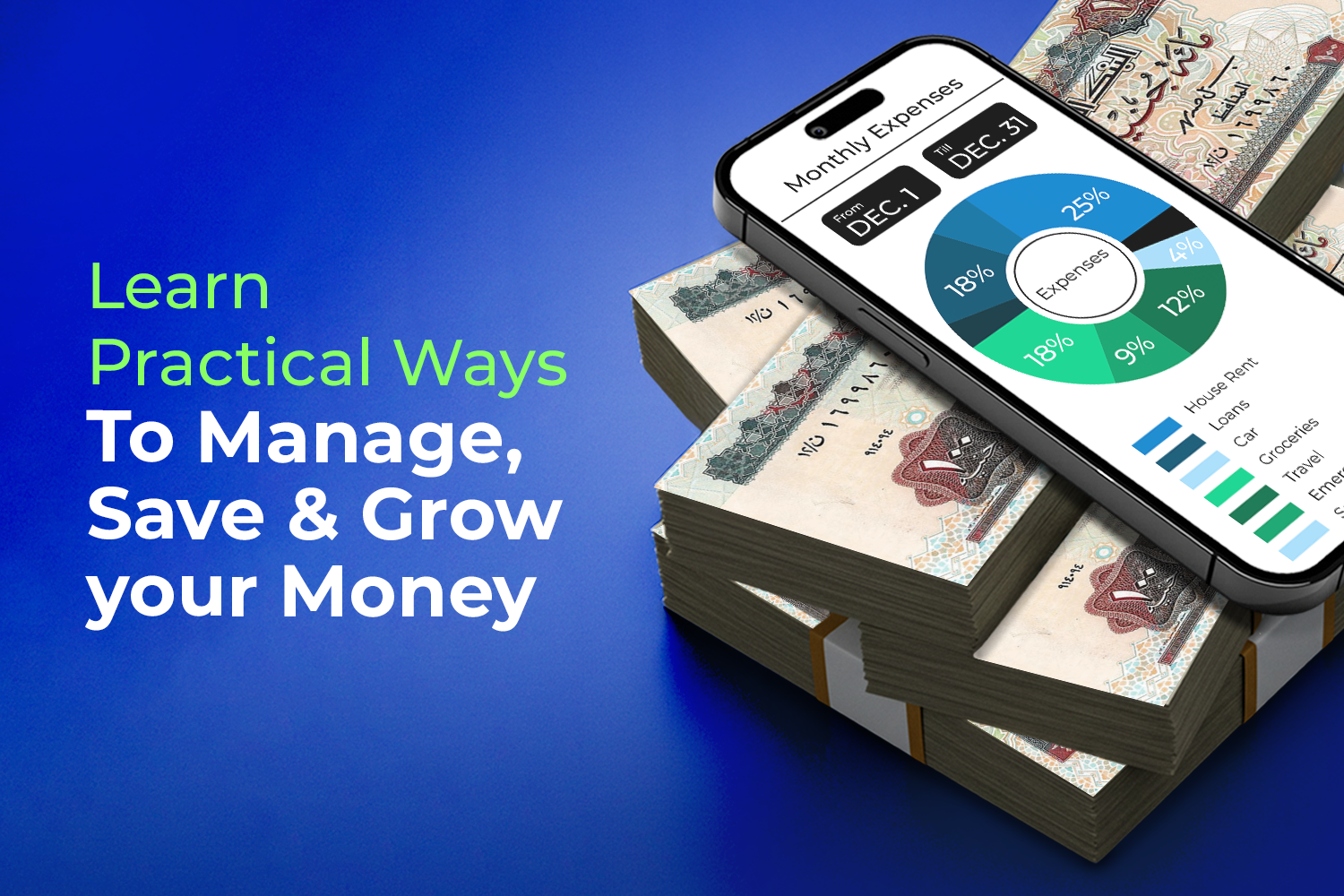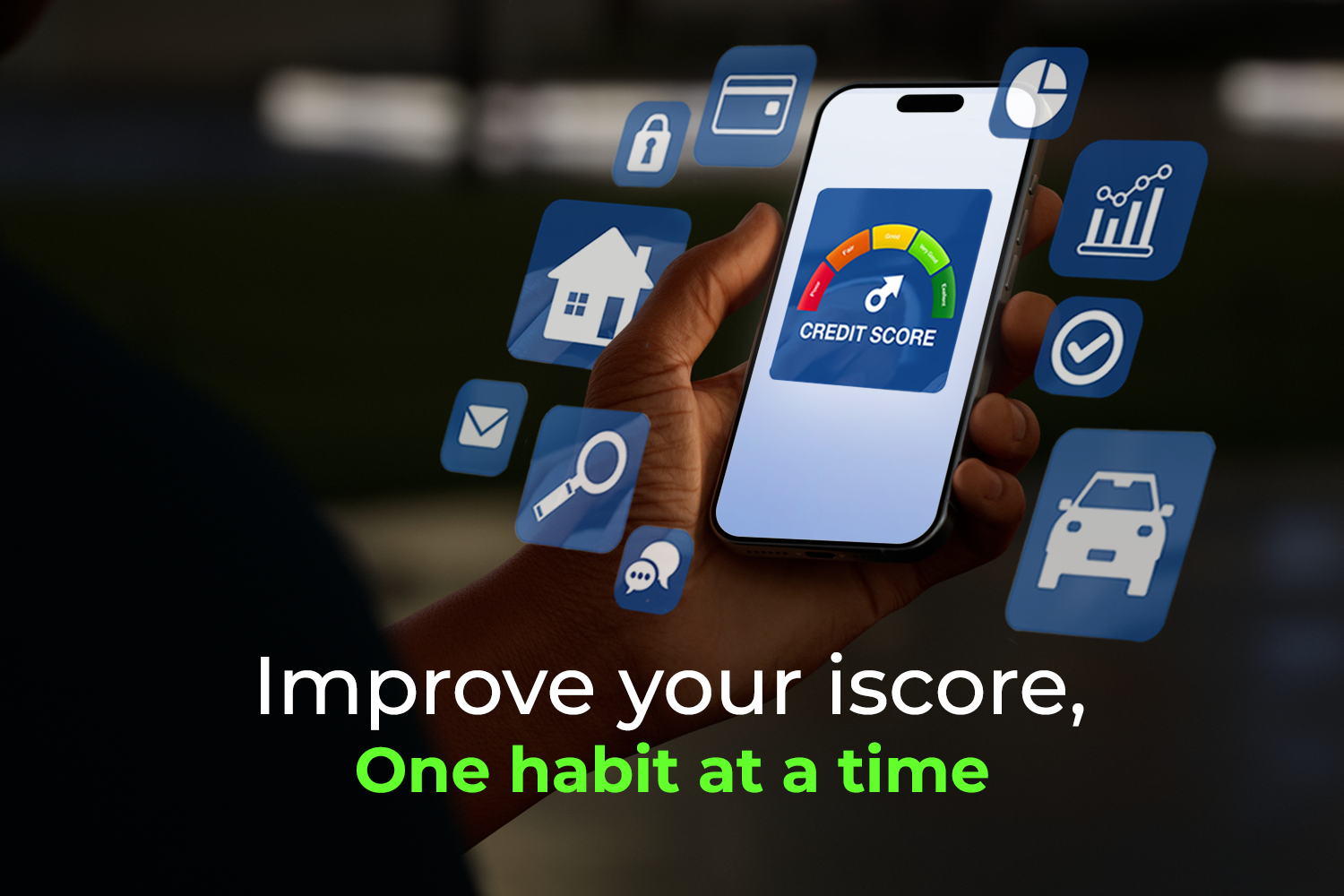Inflation has become a common topic of discussion over the past few years, and understanding its effects on your finances is more important than ever. Simply put, inflation refers to the general rise in prices over time, which results in the decreased purchasing power of money. Inflation rates indicate how much value investments lose and how much prices increase over time.
For example, as announced by the Central Bank in November, Egypt's inflation rate dropped slightly in October 2024 to 24.4% compared to 25% in September. While inflation impacts the broader economy, it also significantly affects your money and savings.
What is Inflation?
In simple terms, inflation occurs when prices increase, causing the value of money to decrease. For instance, the money you have today might buy fewer goods and services compared to a few years ago. Think back to when you were younger and could purchase more with the same amount of money — that’s inflation in action.
While inflation can have some economic benefits, it also has downsides. High inflation can significantly reduce the purchasing power of individuals and even lead to an economic recession if not managed properly.
It’s important to note that not every sudden price increase qualifies as inflation. For example, if fuel prices rise due to global supply issues or new taxes are introduced, these are one-off events unless they lead to continuous wage and cost increases. Similarly, an increase in the price of one product is not necessarily inflation but maybe a relative price shift.
Inflation, at its core, is closely tied to the growth of the money supply. It happens when there’s more money circulating in the economy than there are goods and services available. This results in higher prices as more cash competes for fewer products.
What Causes Inflation?
The primary cause of inflation is the increase in the money supply. This can occur through various mechanisms, often influenced by monetary authorities or governments. Some common methods include:
- Printing more money and distributing it among the population.
- Devaluing the currency through official policies makes each unit of money worth less.
- Creating new money through credit is often seen when governments buy bonds from banks, injecting cash into the economy indirectly.
Is Inflation the Same as Recession?
While both inflation and recession significantly impact the economy, they are fundamentally different concepts. Here's a clear comparison:
-
Definition
-
Inflation: The rise in the general price levels of goods and services in an economy.
-
Recession: A period of economic slowdown characterized by negative economic growth over consecutive quarters.
-
Measurement
-
Inflation: Measured using indicators such as the Consumer Price Index (CPI) and the Wholesale Price Index (WPI).
-
Recession: Identified by a decline in the country’s Gross Domestic Product (GDP) over a specific period.
-
Occurrence
-
Inflation: This happens continuously in the economy as part of its growth.
-
Recession: Triggered by specific economic conditions, such as reduced consumer demand or financial crises.
How Does Inflation Affect Your Savings?
Imagine you’ve saved EGP100 and put it in a piggy bank for a few years. When you check later, the EGP100 is still there, but its purchasing power has diminished. Due to inflation, prices increase, and the value of money, its purchasing power decreases.
In perspective, it’s like opening your piggy bank and finding only EGP50 instead of EGP100. That’s the effect of inflation on your savings. Similarly, saving your money in a low-interest savings account with a return rate below inflation means you’re effectively losing value over time. For example:
- If inflation averages 6% annually over 5 years, your savings of EGP 1,000 could lose approximately EGP 243 in purchasing power.
- If inflation averages 8% annually over 5 years, the loss increases to about EGP 311.
This is why protecting your savings from inflation is crucial. Unfortunately, many people remain unaware of inflation's impact, especially since inflation rates have been relatively low for the past 30 years. Even more surprising, many savers don’t realize inflation poses a problem!
